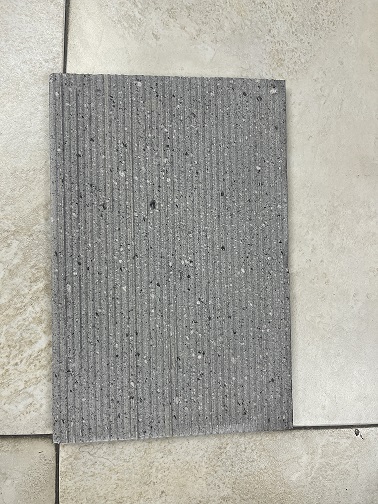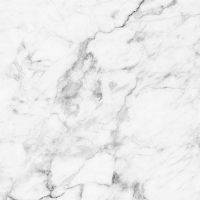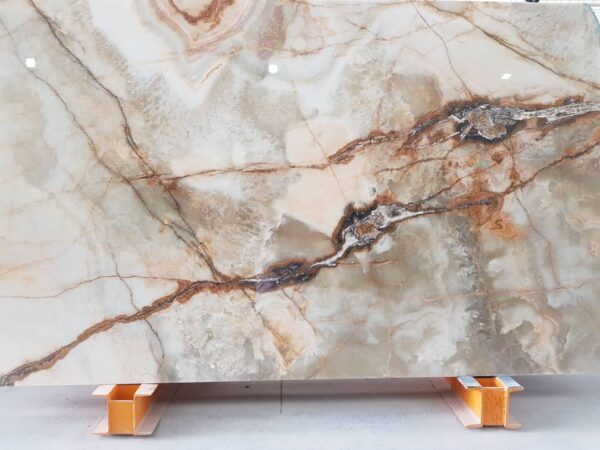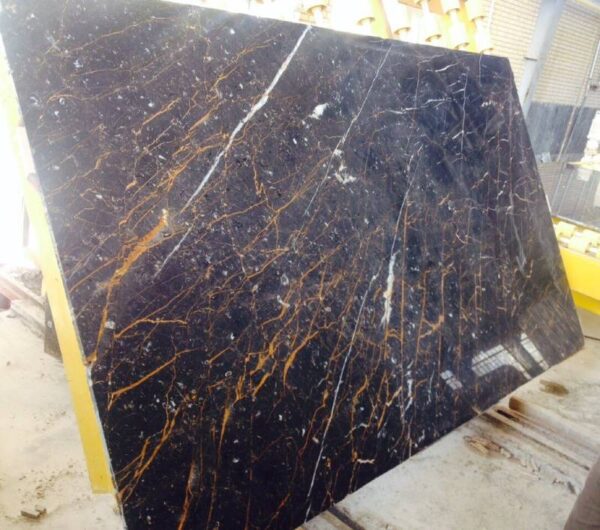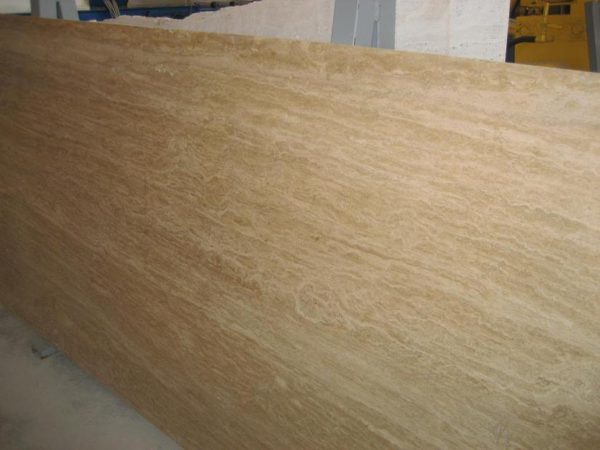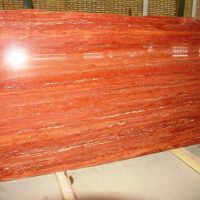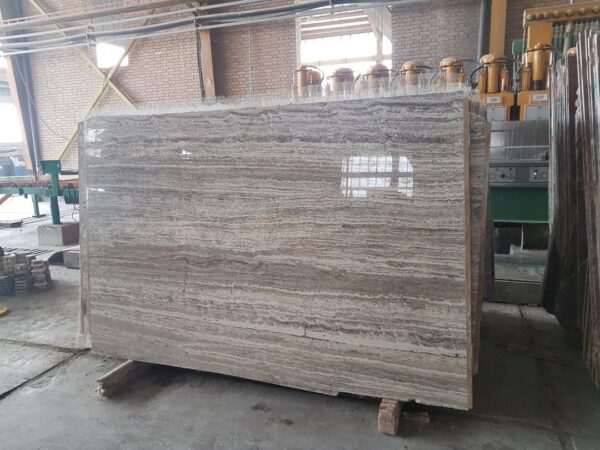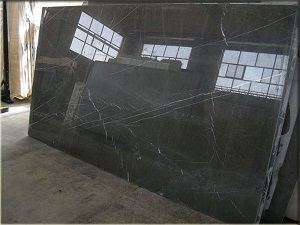The Versatile Applications of Basalt
Basalt is a volcanic rock increasingly recognized for its diverse applications across various industries. Its unique properties make it an excellent choice for construction, landscaping, and technology. In this article, we will explore the multiple uses of basalt and why it is becoming a preferred material in many sectors.
What is Basalt?
Basalt is an igneous rock formed from the rapid cooling of lava. It is rich in minerals like iron and magnesium, which contribute to its strength and durability. Due to its abundance and low cost, basalt has gained popularity in construction and manufacturing. Its natural properties make it an environmentally friendly option compared to synthetic materials.
Applications of Basalt
1. Construction Industry
Basalt is widely used in the construction industry for several reasons:
- Building Materials: Basalt can be crushed and used as aggregate in concrete and asphalt. This enhances the strength and durability of these materials, making structures more resilient.
- Reinforcement Bars: Basalt fiber-reinforced polymer (BFRP) bars are becoming popular as a substitute for traditional steel bars. BFRP is lighter, non-corrosive, and offers superior tensile strength, making it ideal for a variety of structural applications.
- Paving Stones: Basalt stones are often used for paving roads and walkways. Their natural aesthetics and ability to withstand wear make them a preferred choice for outdoor surfaces.
2. Landscaping
In landscaping, basalt serves multiple functions:
- Natural Stone: Basalt rocks are used for decorative features in gardens and parks. They can be shaped into various designs, offering a natural and rustic look.
- Retaining Walls: Due to its durability, basalt is frequently used in the construction of retaining walls. It helps in preventing soil erosion while adding an attractive element to the landscape.
https://www.rockstone.biz/versatile-uses-of-sandstone/
3. Industrial Applications
Basalt’s properties extend to various industrial uses:
- Insulation: Basalt fibers are used to create insulation materials that are highly effective in thermal and acoustic applications. These materials are non-toxic and can withstand high temperatures.
- Filtration: Crushed basalt is utilized in water filtration systems due to its porous nature, which allows for effective filtration while maintaining structural integrity.
- asalt & Andesite stone
Advantages of Using Basalt
The use of basalt offers several benefits:
- Sustainability: Being a natural material, basalt is environmentally friendly. Its extraction and processing have a lower carbon footprint compared to synthetic alternatives.
- Durability: Basalt is known for its exceptional strength and resistance to weathering. This longevity reduces the need for frequent repairs and replacements.
- Cost-Effectiveness: With its abundant availability, basalt is a cost-effective choice for many applications, making it an attractive option for businesses and consumers alike.

